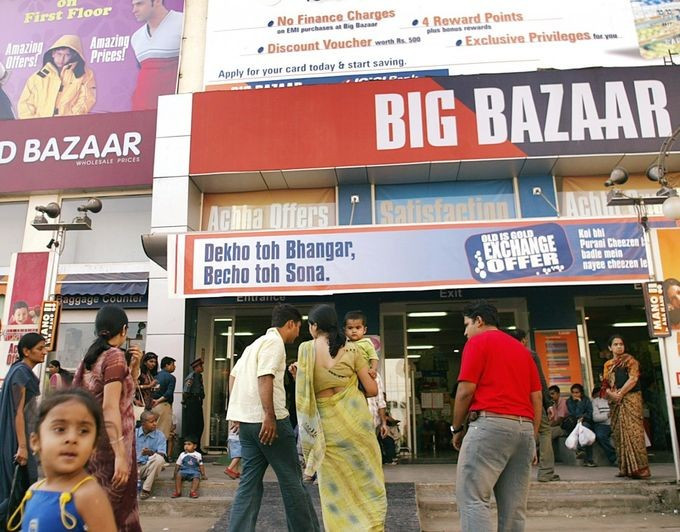Indian Retail Landlords Offer Deep Rental Rates Discounts Amid Soaring Shop Vacancy

Retail landlords in India are offering up to 20% discounts for tenants and are entering into revenue sharing agreements with them as they suffer from a lot of idle space after betting heavily on the country's reforms to open up its retail sector for foreign investors.
Troubled retail landlords in India are offering discounts even in the premium malls and popular high-street locations in order to retain tenants in weakening economic situations, reports Reuters.
The landlords are under pressure due to their heavy vacancy rates. Real estate investor Jones Lang LaSalle's Real Estate Intelligence Service estimates that the vacancy rate of retail space in India may increase to 24% in 2014.
French clothing brand Lacoste was among retailers who were offered revenues sharing deals instead of a fixed rent.
"Discounts for a foreign lifestyle brand in a premium property were unheard of even a few months back, but now developers are coming to the table and are offering revenue share instead of rentals," said Lacoste India CEO Rajesh Jain.
Meanwhile, retailers are taking advantage of the opportunity as they expect a tight supply in retail space in the country from 2015.
The supply of new mall space would drop to 680,000 square metres in 2015 from a record of 1.3 million square metres in 2011, according to Jones Lang LaSalle.
India's Failed FDI Dreams
The landlords invested heavily on quality retail spaces in order to capitalise on the entry of foreign retailers into the country in line with the government's easing of Foreign Direct Investment (FDI) norms.
After allowing full-ownership for single-brand retailers, the country also opened up multi-brand retail to foreign investors in 2012. Nevertheless, no foreign supermarket chain has yet opened a store there due to strict terms and conditions in connection with the investment.
Despite the favourable demography, foreign players did not jump into India's retail market due to conditions set by the government. International retail giants such as Walmart, Tesco and Carrefour had demanded further easing of norms to start operations in the country.
The Congress party-led government has also faced stiff opposition amid growing concerns that the arrival of big firms would hurt the small retailers in the country. Critics say that big firms with their purchasing power and economies of scale could offer products at much cheaper prices than the small shops.
In August, India announced further relaxations to FDI rules governing sourcing of products, infrastructure investment and selection of cities. The country was looking to contain the continued slide in the rupee and curb its huge current account deficit with increased foreign inflows.
Economic Slowdown
Landlords are also worried about the overall economic scenario of the country.
In 2012, India recorded the lowest GDP growth rate in more than a decade. In addition, it has suffered from slide in its currency. The rupee has lost nearly 20% of its value since April, plunging to an all-time low of 68.80 against the US dollar in August.
Furthermore, retail sales growth in the ongoing fiscal year is expected to be the weakest in three years.
© Copyright IBTimes 2025. All rights reserved.






















